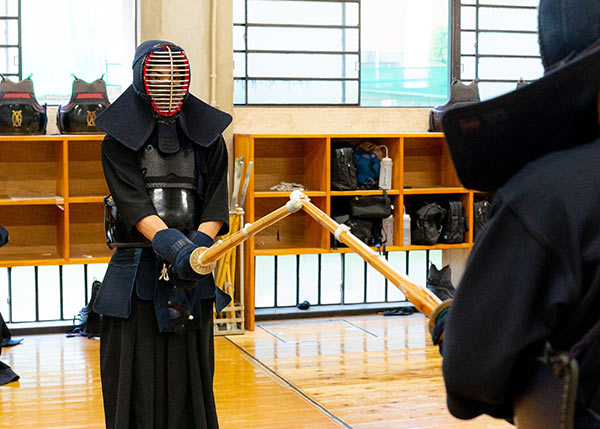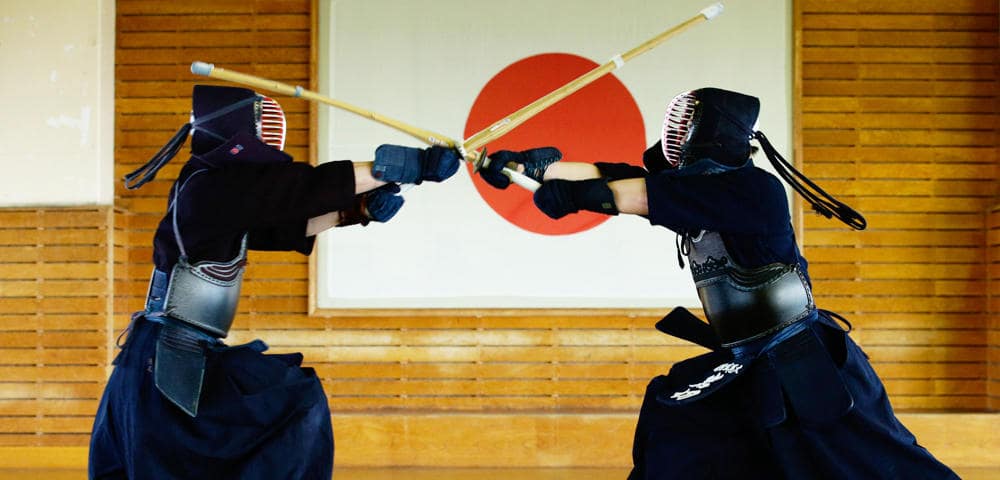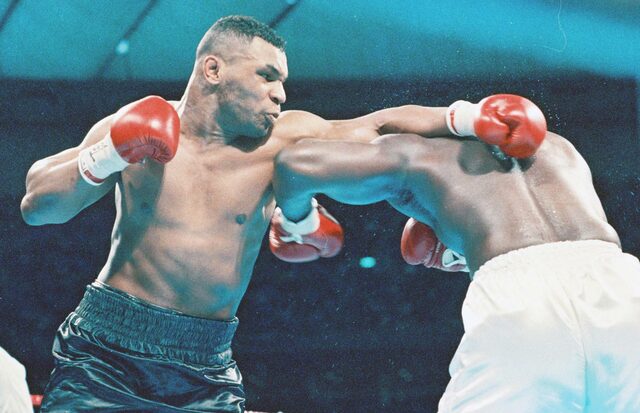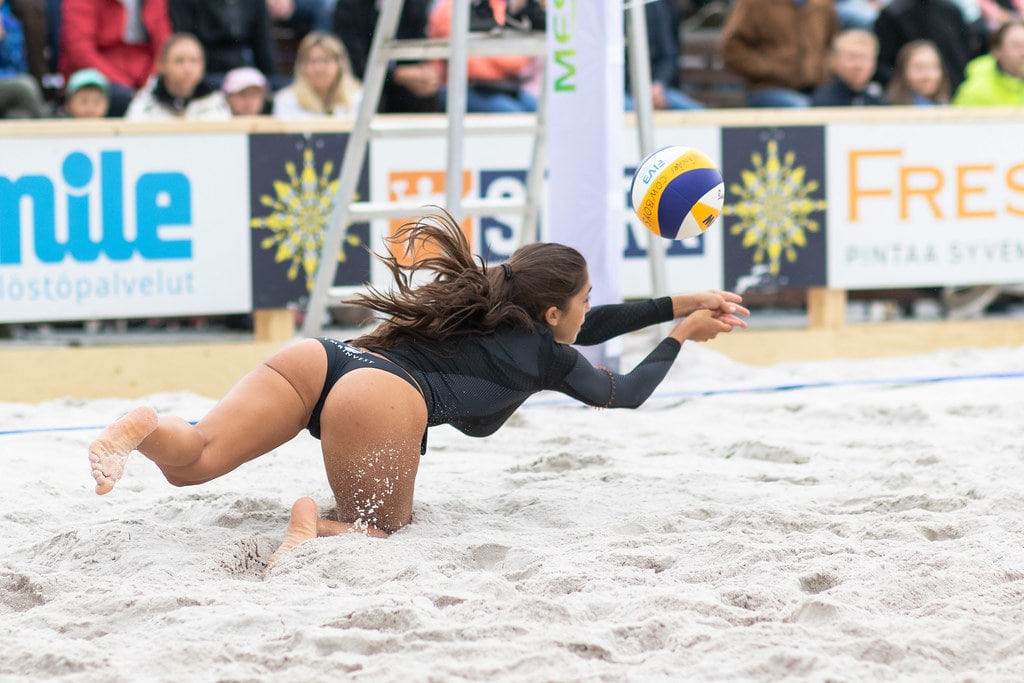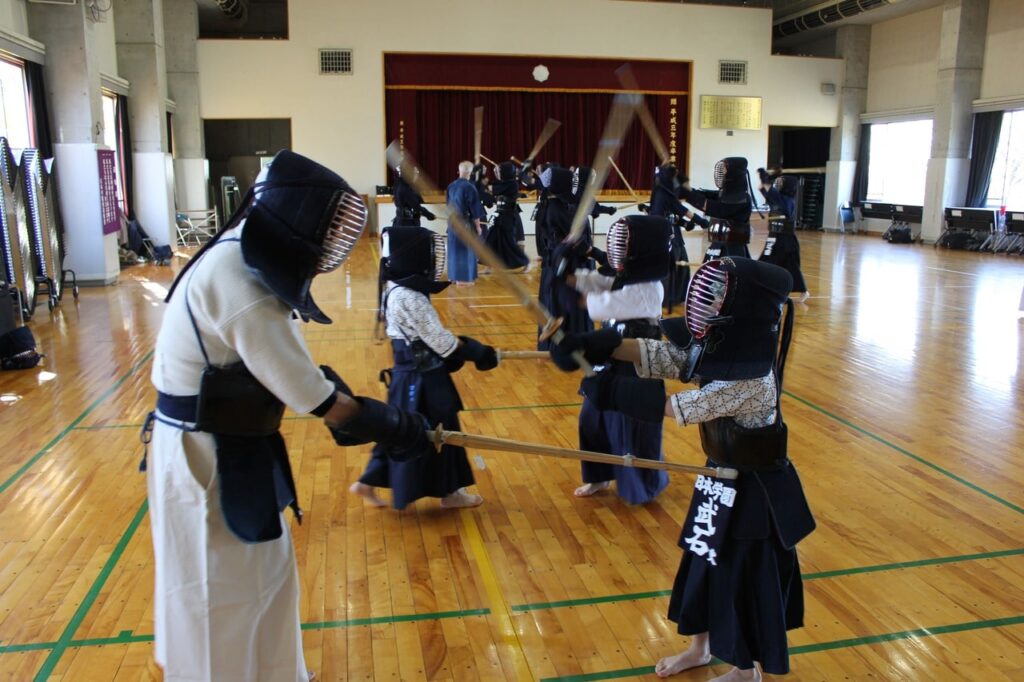
When people first start Kendo, they are drawn to it and are passionate about it, but there are times when they feel like they want to quit Kendo.
This article explores the reasons why people want to quit Kendo and what to do about it.
We will also reconsider the benefits of continuing Kendo, and provide information that will help you decide whether or not to continue on the path of Kendo.
Whatever you choose, we aim to help you understand the impact of Kendo and guide you in making the best decision.
目次
What is your reason for wanting to quit Kendo?
There are many reasons why many people want to quit Kendo, but the main factors are:
- Physical Fatigue and Injuries : Kendo is a very physically demanding sport. Regular practices and games put a lot of strain on the body and come with the risk of injury.
- Mental pressure : As the level of competition increases, so does the mental pressure. The stress of meeting expectations can reduce your motivation to continue.
- Time and commitment demands : Kendo is an activity that requires time and effort. Another reason for wanting to quit is the inability to balance school, work, and other life priorities.
- Feeling of stagnant progress : If you haven’t seen any noticeable improvement in your technique or results despite practicing for a long time, you may feel a lack of motivation.
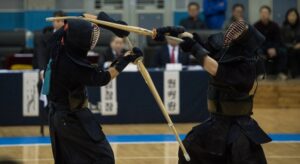
What are the benefits of continuing Kendo?
There are many benefits to continuing Kendo, including:
- Spiritual growth : Kendo is a “do” and focuses on developing spirituality. It is rich in elements that promote inner growth, such as self-control, concentration, and perseverance.
- Physical Strengthening : Regular Kendo practice improves your whole body’s athletic ability. It develops muscle strength, flexibility, and coordination, and helps maintain a healthy body.
- Social connections : Dojos and competitions allow you to build strong bonds with people who share your interests. The Kendo community is supportive and helps build relationships.
- Cultural experience : Kendo is one of the Japanese martial arts, and by practicing it you will gain a deep understanding of Japan’s history and culture. This kind of cultural knowledge can also broaden an individual’s horizons.
For these reasons, it is important to carefully consider your personal circumstances, goals, and values when deciding whether to continue or quit Kendo.
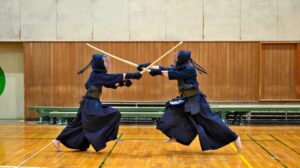
psychological factors
There are a wide variety of psychological problems that athletes face while practicing Kendo.
In particular, burnout and social pressure can be major factors in wanting to quit Kendo.
Burnout syndrome and Kendo
Burnout occurs due to long-term mental and emotional stress.
The rigors of Kendo practice and competition often place a high level of mental strain on athletes.
Over time, repeated practice, stagnant technical improvement, and pressure to meet expectations can lead to burnout and a loss of passion and motivation for practicing.
Getting proper rest, making time for hobbies and other activities, and setting small goals to feel accomplished can help avoid this condition.
Pressure and Expectations: Social Aspects of Kendo
Kendo is a traditional martial art that often comes with expectations from the dojo, family, and community.
Particularly for young athletes, the pressure to improve and expectations for performance in competition can be a huge source of stress.
This type of external pressure prevents athletes from enjoying Kendo, and eventually undermines their motivation to continue their activities.
Coping strategies include resetting your goals to be more realistic, building relationships with a supportive community and mentors, and prioritizing your own sense of joy.
By addressing these psychological factors, you can have a healthier, more balanced perspective when making decisions about whether to continue or quit Kendo.
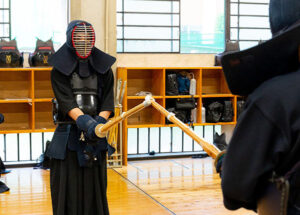
physical factors
Physical factors are also an important consideration as you pursue Kendo.
Injuries and over-practice, in particular, can be contributing factors to a player wanting to quit Kendo.
Injuries and their prevention
Kendo is a contact sport and is based on striking, so there is always a risk of injury.
Injuries to joints and muscles, especially the ankles, knees, and shoulders, are common. Proper ups and cool-downs, maintaining proper form of technique, and using proper protective equipment are important to prevent injury.
In addition, adjusting the amount of exercise according to your physical strength and ensuring rest days are essential to prevent injuries.
Excessive exercise and its effects on the body
In trying to improve in Kendo, you may end up over-training.
This can lead to overwork or overtraining syndrome, which can lead to muscle fatigue, persistent pain, or lack of motivation.
Excessive practice affects not only the body but also the mind, and reduces the motivation to continue practicing Kendo.
Planning a proper practice schedule and ensuring adequate rest and nutrition are key to preventing this problem.
In order to continue practicing Kendo for a long time, it is essential to pay attention to these physical factors and maintain a healthy practice environment.
The foundation of a sustainable Kendo lifestyle is for athletes to understand their own bodies and respect their limitations.
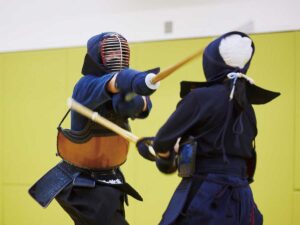
environmental factors
The environment is very important in continuing Kendo.
A good environment maintains motivation and contributes to technical improvement.
On the other hand, an inappropriate environment can have the opposite effect and be one of the reasons for wanting to quit Kendo.
How to choose the right dojo
In order to continue Kendo for a long time, it is extremely important to choose the right dojo. Here are some points to keep in mind when choosing a good dojo:
- Quality of mentors : Check to see if you have experienced and understanding mentors. It is a good idea to take into account not only the instructor’s skills, but also his or her teaching attitude and philosophy.
- Practice environment : Make sure you have a clean and safe practice environment. The quality of your training will also be directly affected by how well equipped your dojo is.
- Community fit : Determine if the community makes you feel comfortable. It is also important to have friends who share the same values.
- Convenient access : Whether the location is easily accessible from home or work is also something to consider in the long-term.
Coaching and its impact
Coaching is an essential element in the growth and development of players in Kendo. Good coaching impacts:
- Technical improvement : With proper instruction, you will not only learn basic techniques but also deepen your tactical knowledge.
- Emotional support : Coaches motivate players and help them get through difficult times. We also encourage athletes to maximize their potential.
- Developing Social Skills : While Kendo is an individual sport, social interaction within the dojo is also important. A good coach will facilitate this and foster a spirit of mutual respect and support.
A proper dojo and high-quality coaching are the foundation for long-term Kendo practice.
When choosing these, it is important to carefully evaluate whether they align with your goals.
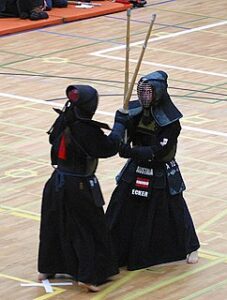
Should I quit Kendo?
The decision to quit Kendo or not depends largely on individual circumstances and inner voice.
Before making this important choice, you need to ask yourself a question.
It is important to consider the value kendo brings, the challenges you currently face, and how it aligns with your future life goals.
Things to think about before quitting
Here are some things to consider before quitting Kendo:
- Self-evaluation : Weigh the benefits of continuing Kendo against the consequences of quitting. It’s also helpful to ask yourself if you still have a passion for Kendo.
- Health Impact : Assess whether Kendo is having a negative impact on your physical or mental health. You should consider how long it will take for your injury to heal and whether it will be long-term.
- Alternative options : Explore what other activities you are interested in outside of kendo and how they align with the skills and values you developed in kendo.
Alternative activities and how to find them
Finding an activity after quitting Kendo is an opportunity to develop a new passion. Here’s how to find alternative activities:
- Assess your interests and abilities : Make a list of things you like and are good at, and look for new hobbies or sports based on that list.
- Experiential activities : Explore your aptitude and interest in new activities by participating in various classes and workshops.
- Connect with the community : It’s also helpful to get information about new activities from existing friends and online communities. Other people’s experiences and suggestions may help you find a new path that’s right for you.
Deciding whether or not to quit Kendo is an important choice that is directly connected to your own well-being and quality of life.
Carefully evaluating all options and performing self-analysis from as many angles as possible is necessary to find the optimal path.

Reasons for continuing Kendo
There are many reasons to continue practicing Kendo, but spiritual growth and social connections are often the most appealing.
These elements show that Kendo is more than just a sport, and can enrich both your personal growth and your role as a member of a community.
spiritual growth and self-discovery
As Kendo is said to be a “do”, it is not only about learning techniques, but also a journey of inner growth and self-discovery. The following are the spiritual benefits gained through Kendo:
- Improve self-control and patience : Through rigorous practice and competition, self-control and patience will be developed. These skills are also extremely valuable in everyday life.
- Improved concentration : Kendo forms and competitions require a high level of concentration, which not only improves instantaneous decision-making ability, but also contributes to improved concentration in daily life.
- Deepening self-insight : In the process of challenging and overcoming your own limits, you will have the opportunity to face deeply within yourself.
Kendo is part of a vast community spread all over the world. Working within this community provides the following social benefits:
- Friendship and Support Network : Meet people with common interests and form deep friendships. These relationships can be a great support not only in Kendo but also in your personal life.
- Teamwork and cooperation : Team competitions and training at the dojo strengthen teamwork and cooperation. Working with others and working towards a common goal is a very important skill in social life.
- Cultural exchange : Participating in international conferences and seminars expands opportunities for cross-cultural exchange and deepens understanding with people from diverse cultural backgrounds.
For these reasons, pursuing Kendo is a choice that enriches not only your technical skills, but also your overall personal growth and social experience.
Kendo is more than just a sport, it can be said to be a philosophy that enriches your life.

summary
Whether to continue or quit Kendo is an important decision that strongly depends on individual circumstances.
We will discuss how to prepare for this decision and how to utilize the experience after quitting Kendo.
How to prepare when deciding to quit Kendo
The decision to quit Kendo involves many emotions and considerations. The following mindset will help:
- Take a holistic view : Evaluate how kendo is impacting your current life and how it will impact your future goals.
- Balance between emotion and reason : It is important to consider the situation from an objective perspective and not be influenced by emotions alone.
- Consultation and Feedback : It is also helpful to get outside opinions on your ideas through consultation with trusted people, teachers, and colleagues.
How to make use of your Kendo experience
Even after you quit Kendo, the skills and experience you gain there will be valuable in many other areas. Some ways to utilize your Kendo experience include:
- Application to other sports and activities : The physical skills and mental focus learned in Kendo are beneficial to other sports and hobbies.
- Application to professional life : The self-discipline, endurance, and leadership skills developed in Kendo can be used to problem-solve and manage teams in the workplace.
- Improving interpersonal relationships : The interpersonal skills and ability to communicate with people from different backgrounds developed through Kendo are effective in building relationships in your personal life and at work.
- Contribution to the field of education and coaching : Kendo teaching experience will help you transfer your knowledge and skills in teaching and coaching situations.
Leaving Kendo is often the first step toward carving out a new path.
The lessons learned in Kendo will remain valuable throughout your life in many ways.
